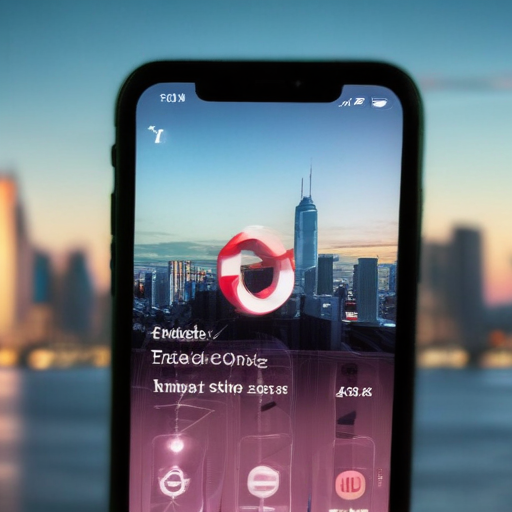TikTok is reportedly preparing to shut down its widely-used short-video app for U.S. users if a federal ban is implemented, which could take effect Sunday. This action would follow a deadline for TikTok’s parent company, ByteDance, to divest its U.S. assets or face a nationwide ban, unless the Supreme Court intervenes.
According to sources familiar with the matter, if the ban goes ahead, TikTok plans to present a pop-up message to users attempting to access the app. This message would direct them to a website with information about the ban. Additionally, the company intends to provide users with the option to download their personal data, allowing them to retain a record of their information.
As is mandated by law, the ban would prevent new downloads of the app from platforms such as Apple’s App Store and Google Play. Existing users could still use TikTok, but inability to update it could lead to functionality issues over time.
Opposition to the ban has emerged from various lawmakers, including Senator Ed Markey, who expressed concerns about the implications for TikTok’s creator community. Markey announced plans to propose legislation that would extend the deadline for ByteDance to sell TikTok by an additional 270 days. He emphasized the vibrancy and uniqueness of the communities on TikTok, suggesting that a ban would harm those who rely on the platform for information and cultural expression.
In a collaborative effort, bipartisan lawmakers, including Sen. Rand Paul and Rep. Ro Khanna, submitted a brief to the Supreme Court advocating against the ban. They stated that there are alternative means to address data security without infringing on free speech rights.
Meanwhile, TikTok has assured its approximately 7,000 U.S. employees that their jobs remain secure, even if the ban is enacted. An internal memo indicated that employees would continue to receive their pay and benefits regardless of the app’s operational status, reiterating that the ban’s implications primarily affect the user experience.
As the situation unfolds, the potential impact of the TikTok ban raises important questions about data security, free speech, and the livelihoods of content creators dependent on the platform. The ongoing discourse reflects a broader challenge in balancing national security concerns with individual rights and the interests of creative communities.
In summary, while the possibility of a ban on TikTok raises significant concerns for users and employees alike, there is a continued push among lawmakers to find solutions that do not restrict the platform, highlighting the importance of open digital spaces in the contemporary landscape.
